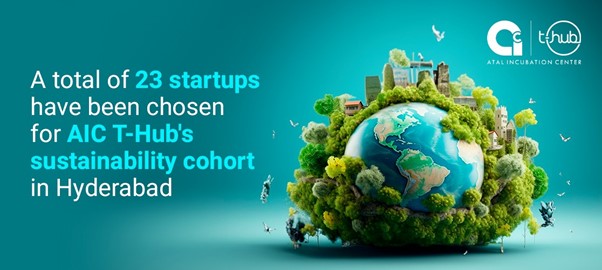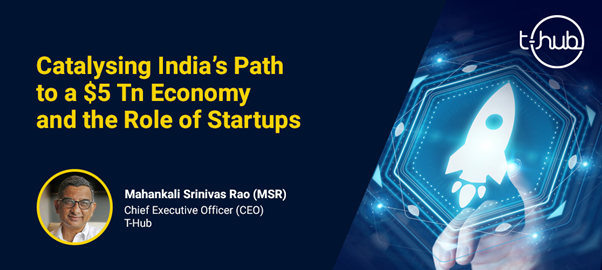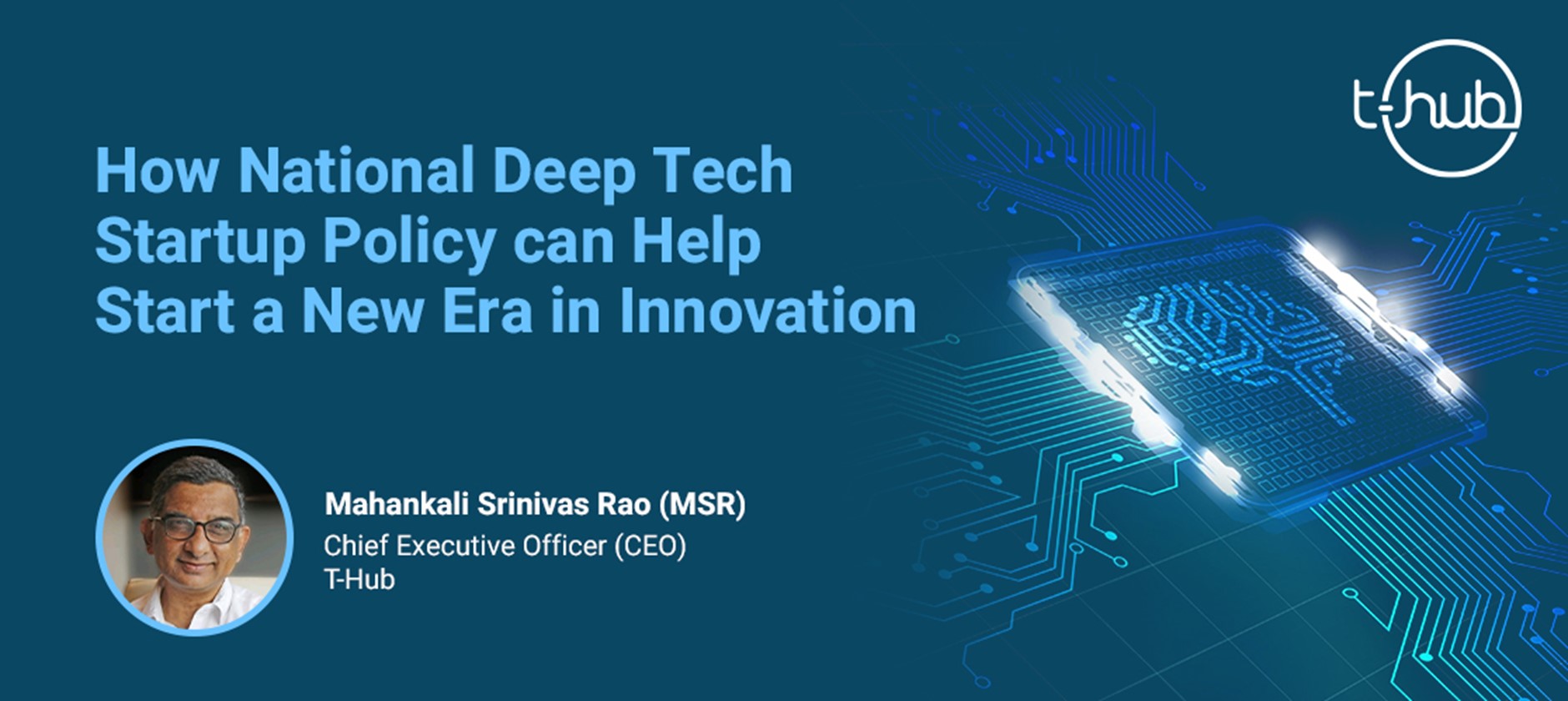In 2023, Indian startups have secured a staggering USD 3.8 billion in funding, defying bearish investor sentiments. Even more remarkable, 38 percent of these investment funds are directed at early-stage startups. The deeptech startup ecosystem in India has grown exponentially, achieving a remarkable 40 percent Compound Annual Growth Rate (CAGR) over the past four years, with USD 2.7 billion raised in 2021. With policy initiatives, such as the National Deep Tech Startup Policy (NDTSP), investor confidence and interest in deeptech startups are expected to rise in the coming decade.
Deeptech technologies include Artificial Intelligence (AI), including Explainable AI (XAI), Generative AI (Gen AI), Machine Learning (ML), Natural Language Processing (NLP), blockchain, cryptocurrencies (crypto), Central Bank Digital Currencies (CBDC), Web 3, augmented reality, metaverse, and quantum computing. The potential for growth in the deeptech space is enormous. McKinsey has identified 63 use cases for generative AI alone that could yield economic benefits ranging from USD 2.6 trillion to USD 4.4 trillion annually across various industries. Also, the global Web 3.0 blockchain market is projected to reach a substantial USD 33.53 billion by 2030.
However, despite its promise, deeptech is still in its infancy in terms of mainstream adoption. Many of its use cases have yet to make a significant impact on the market. Nevertheless, cumulative investments in this field are growing at an impressive pace, reflecting the significant potential that investors see in these technologies. Deeptech is attracting venture capitalists, angel investors, and corporate funding houses. Startups operating in this space are reaping the rewards of this funding trend.
Leading the Deeptech Revolution
Innovations in banking, e-KYC (electronic know-your-customer), risk assessment, and loan processing have been transformative. For instance, the use of AI and ML in the fintech sector has revolutionized the way financial institutions operate. AI and ML algorithms now efficiently analyze vast amounts of data, identifying patterns and making predictions. These capabilities are harnessed to assess credit risk, detect fraudulent transactions, and offer personalized financial advice. It not only enhances the efficiency and accuracy of these processes but also elevates customer experiences by providing faster and more reliable services.
Banks recognize the importance of investing in deeptech to achieve their long-term goals. McKinsey suggests that AI, ML, and NLP could potentially contribute up to USD one trillion annually to the banking sector. Much of the groundbreaking tech work is being driven by startups and established financial institutions.
Ushering in connected and autonomous vehicles
The mobility sector has undergone a profound transformation. The advent of 5G and future 6G capabilities promises to enhance vehicle-to-vehicle communication, a pivotal development in the connected world. As the mobility ecosystem evolves, its global value is projected to exceed USD one trillion by 2030.
Advances in AI/ML technology have enabled better Connected and Autonomous Vehicles (CAVs), fundamentally altering how people and goods are transported. Consumers and businesses are increasingly moving away from vehicle ownership, as suggested by a KPMG report, ushering in service-based transport models, such as Mobility-as-a-Service (MaaS). The trend also underscores the critical role of deeptech startups specializing in cybersecurity within the mobility sector.
With policy initiatives like NDTSP, India is on course to build a deep space ecosystem that can play a global role in the growth of mobility, banking in health, and other sectors.
Building a Deep Tech Ecosystem
India hosts the third-largest startup ecosystem globally, a crucial component in the country’s ambition to achieve a USD five trillion economy. Governments at both the central and state levels are introducing initiatives and funds to support innovation. Their emphasis is on nurturing the entire startup ecosystem, which is aligned with regional needs.
India must foster the creation of a million startups to achieve its goals. It necessitates a transformation in the educational system to nurture entrepreneurship from an early age. Collaborations between institutions, startups, and government entities are actively working towards this objective.
In this dynamic landscape, startup accelerators and incubators play a pivotal role in connecting startups, corporates, academia, and the government. Their focus on strengthening and enabling the ecosystem contributes to the growth of deep tech startups, transforming individuals from job seekers into job creators. With the convergence of innovation, funding, and government support, India’s deep tech startups are poised to make a significant global impact.







